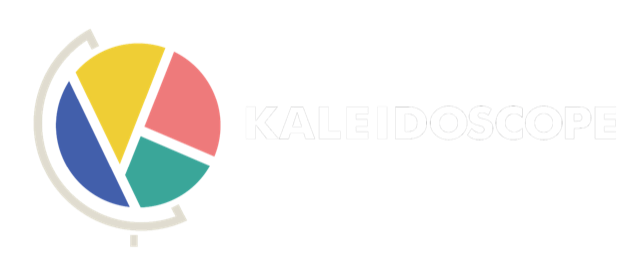⛰️Peak Performance: The Cognitive Science of Getting Things Done 🧠
How can cognitive science be used to improve your performance and reach your goals with less anxiety?
in peak performance you will:
Discover how to effectively master content in the least amount of time and how to store information in your brain longer.
Learn to consistently achieve YOUR goals (of any kind!) by applying research-backed practices, including how to build positive habits and extinguish negative ones.
Once and for all, find out how you can combat the biggest obstacles to performance: anxiety and procrastination.
How It’s Structured
First we’ll learn the structures of how we learn, including how we store & consolidate information, effective practices for mastering material, and common misconceptions about how we learn
From there, we’ll learn the science of habit formation—how to build habits we want and extinguish ones we don’t
We’ll then learn how to address common obstacles that slow us down, including motivation, anxiety, and procrastination
On the final day, we’ll synthesize our learning across the course and share our projects
For your final project, you will craft a plan, applying all your newly acquired knowledge to a personal goal of your own choosing! Past projects have included re-engineered study schedules as well as plans for learning foreign languages, for writing a musical, for reading a dozen books in an area of interest, and for sports training
Top projects are designated as ⭐starred projects⭐, a designation you can add to your resume and may lead to your project being featured on our website
or contact us with questions
logistics
College-like course structure: On Mondays, Wednesdays, and Fridays we’ll meet as a full group (capped at 50); on Tuesdays and Thursdays at class time, you’ll meet with peer cohorts (3-5 students).
Dynamic, rigorous online sessions: Our full-group sessions will meet on Zoom—they will be active & interactive with cameras on and frequent verbal participation. The emphasis will be on learning research-backed techniques and figuring out how to apply them to your life—work that will begin in our group sessions and continue in your peer cohorts.
Daily deliverables: Each day you’ll submit some piece of work—whether it be an action plan, a reflection, or a group memo. You’ll receive feedback from your teacher and your peer cohort to help you implement what you’re learning in your own life.
Tuition: $500, need-based scholarships available (we provide space to indicate need on the program application)
Dates & times: Term 2: July 3 - July 14, 9am - 11am ET
About the Teacher
Jessie Fauconier graduated Duke University in 2021 with a B.A. in Psychology and minors in Chemistry and English. From her time at Duke, Jessie thoroughly enjoyed and appreciated integrating her passion for psychology with her pre-medical journey. Jessie was a research assistant for the Identity and Diversity lab, where she is currently working on publishing a research paper about the effects of COVID-19 on student learning and mental wellbeing. On campus, Jessie was also on the executive board for the international medical fraternity, Phi Delta Epsilon, and currently is a hospice volunteer and elementary school math volunteer while she prepares for medical school. Jessie grew up in Wilmington, Delaware, and in her spare time, she enjoys club volleyball and playing with her rabbit, Chip. Jessie is excited to continue learning and sharing the psychological strategies that can optimize performance in education, and looks forward to cultivating these life skills in her students.
About the Developer
Caroline Castleman is a graduate of Princeton University, earning a degree magna cum laude in history of science and a certificate in neuroscience. She was involved with journalism on and off campus, serving on the masthead of the Princeton newspaper The Nassau Weekly for three years and as an intern at the Philadelphia Inquirer for two semesters. Caroline has been grateful for the opportunity to combine her interests in science communication and psychology by constructing the Peak Performance course for Kaleidoscope and hopes students become lifelong followers (and, at times, critics) of scientific research.







